


A review of 467 studies also points out that, instead of alleviating feelings of fear and anxiety, weapons increase them, as well as exacerbating controlling behaviors and causing domestic violence.
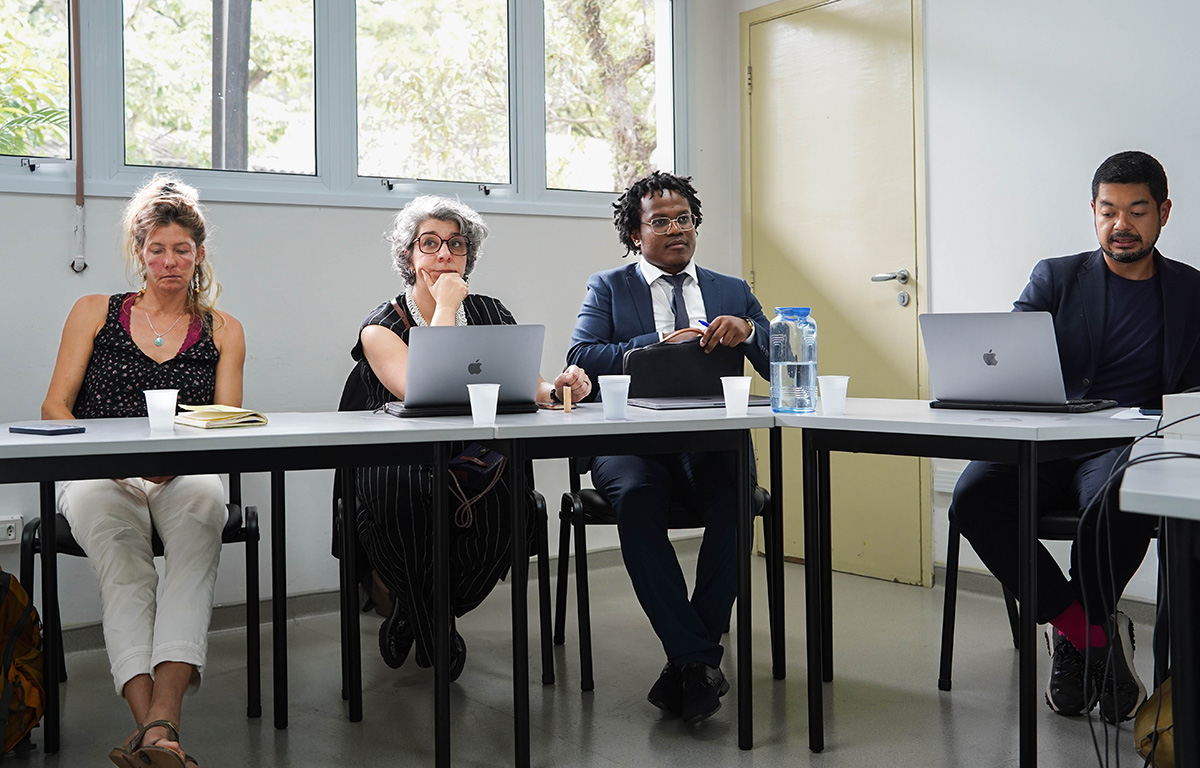
The topic was addressed in a workshop organized by the project “Democlites – Democracy, Climate, and Ecological and Social Transition,” a joint initiative of Université Paris 1 Panthéon-Sorbonne and USP supported by FAPESP.

According to the expert affiliated with the Brazilian Institute of Geography and Statistics, technology can either reinforce inequalities or expand citizenship, depending on how it is regulated. The speaker at the 6th FAPESP 2025 Conference also pointed out the positive role that artificial intelligence can play.
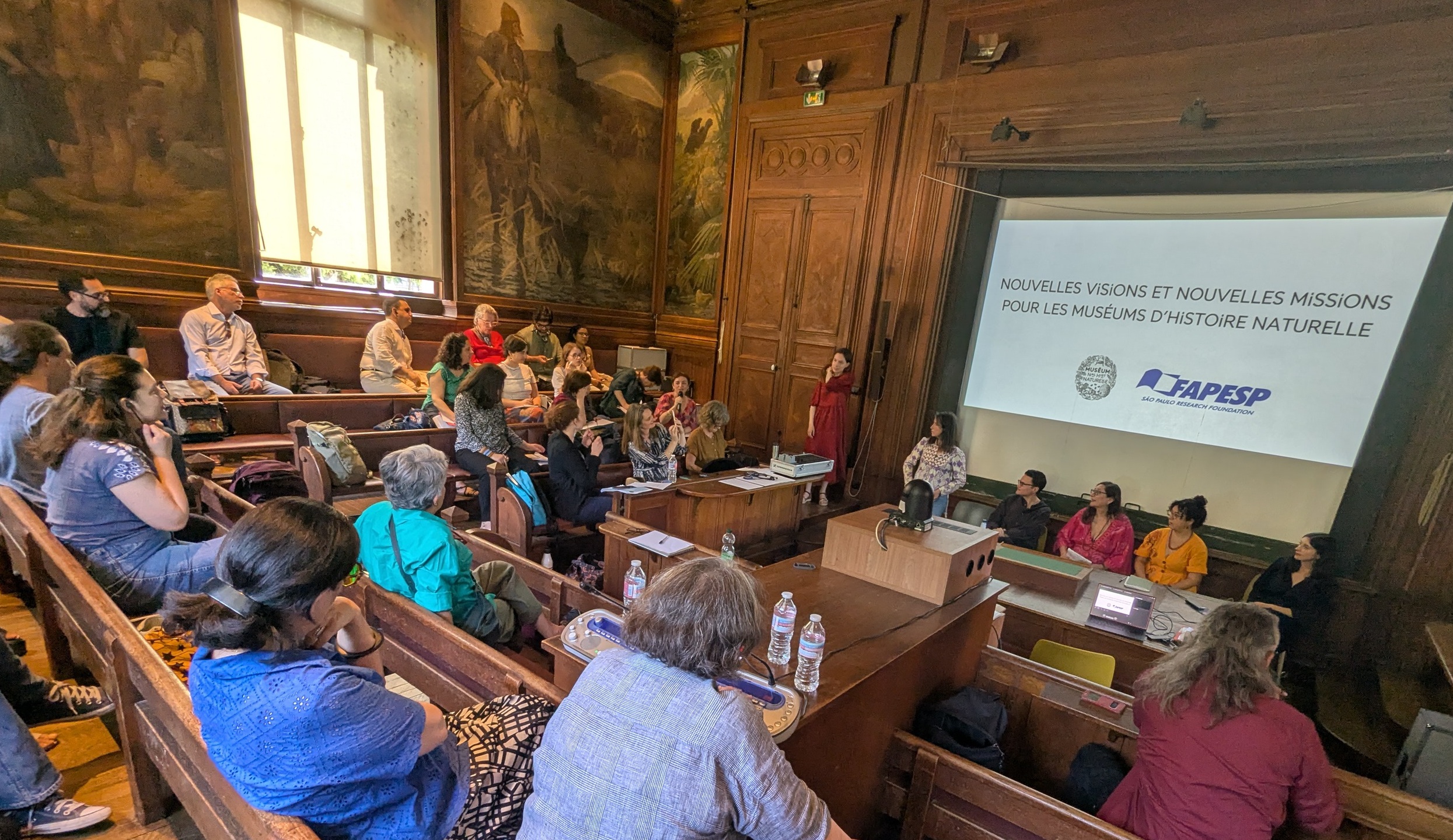
Researchers from Brazil and France meet at a seminar during FAPESP Week to discuss ways forward for museums in the face of the changes and challenges of the 21st century.
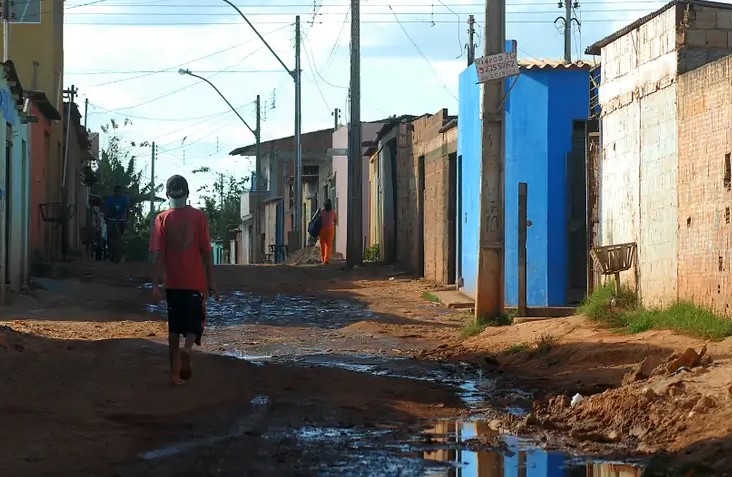
Over the course of three years, researchers from the University of São Paulo and their collaborators examined the “belief in a just world” of 659 São Paulo residents between the ages of 12 and 14. The results highlight the importance of incorporating urban and structural factors, such as access to services and community cohesion, into discussions on citizenship and democratic development.
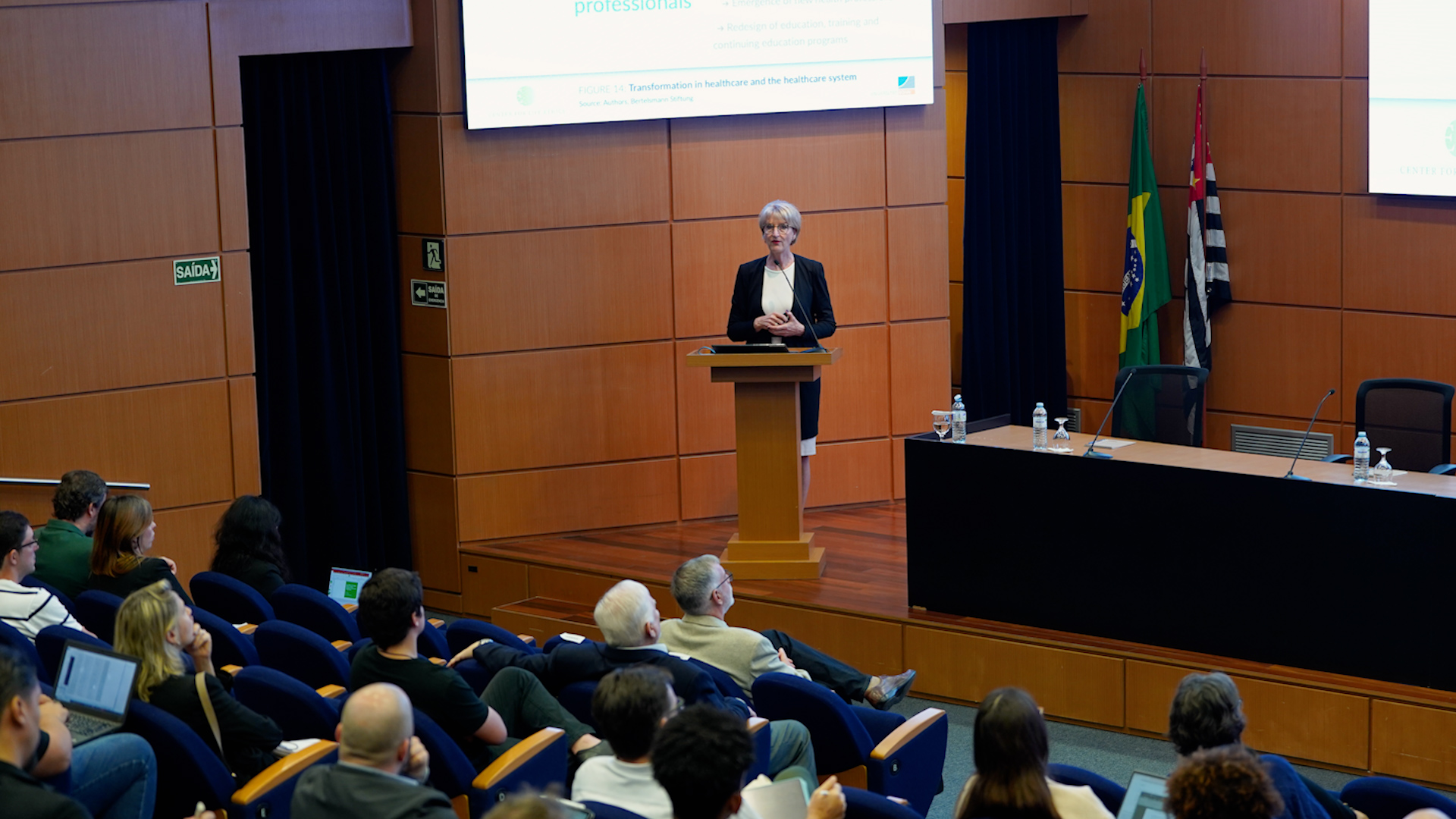
The assessment was made by researchers who participated in the 11th edition of the German-Brazilian Dialogue on Science, Research, and Innovation, held last month in the FAPESP auditorium.
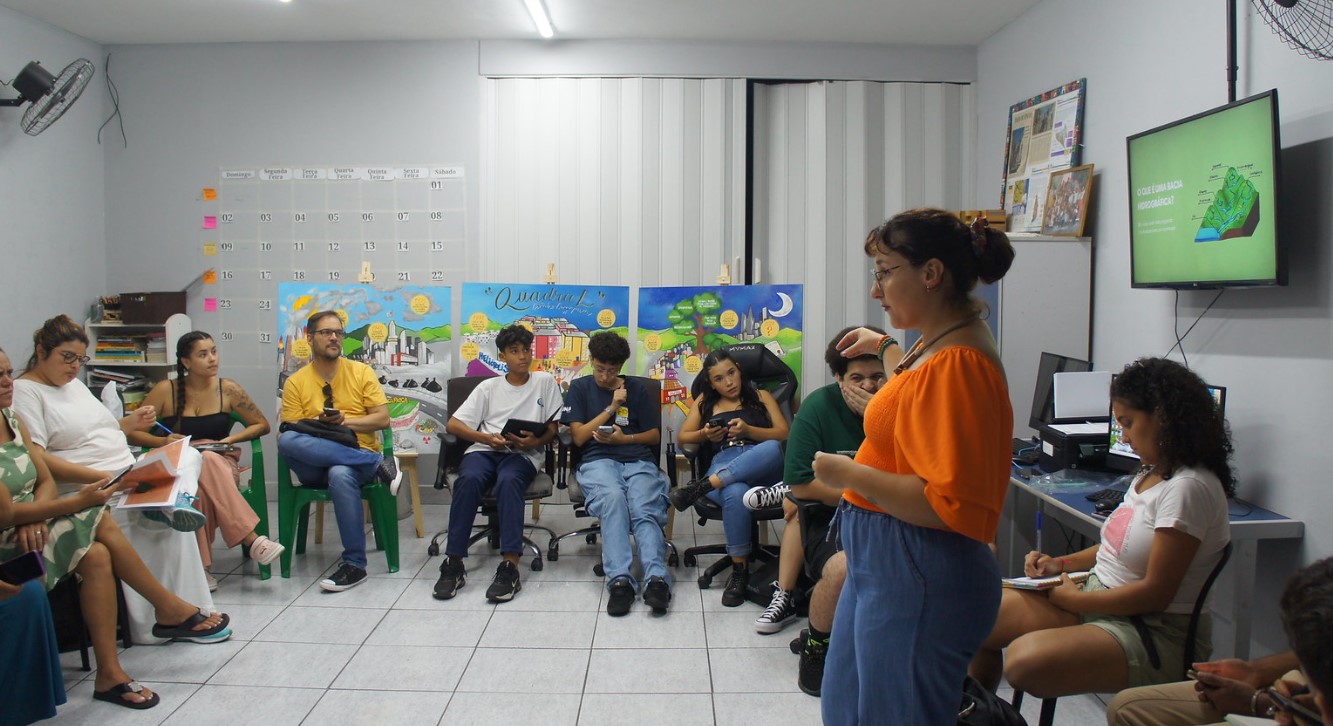
Booklet summarizes the results of a survey conducted by groups from the Center for Favela Studies and the Laboratory of Urban and Regional Studies and Projects of the Federal University of ABC; the material was presented to the community at a workshop held in February.
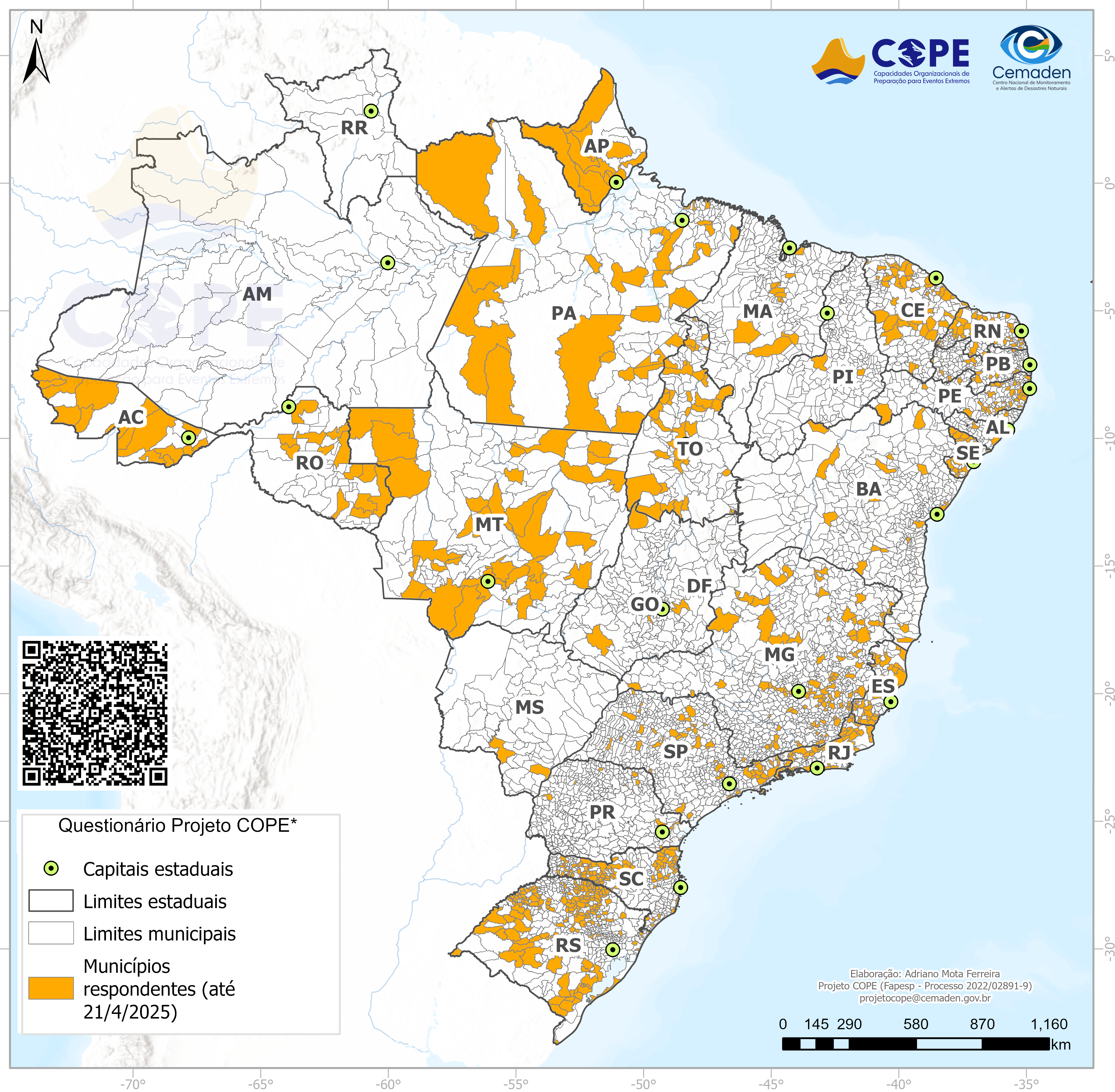
Research proposes action fronts to increase the organizational capacity of these units in municipalities; expanded coordination with other areas is one of the next steps for the sector.
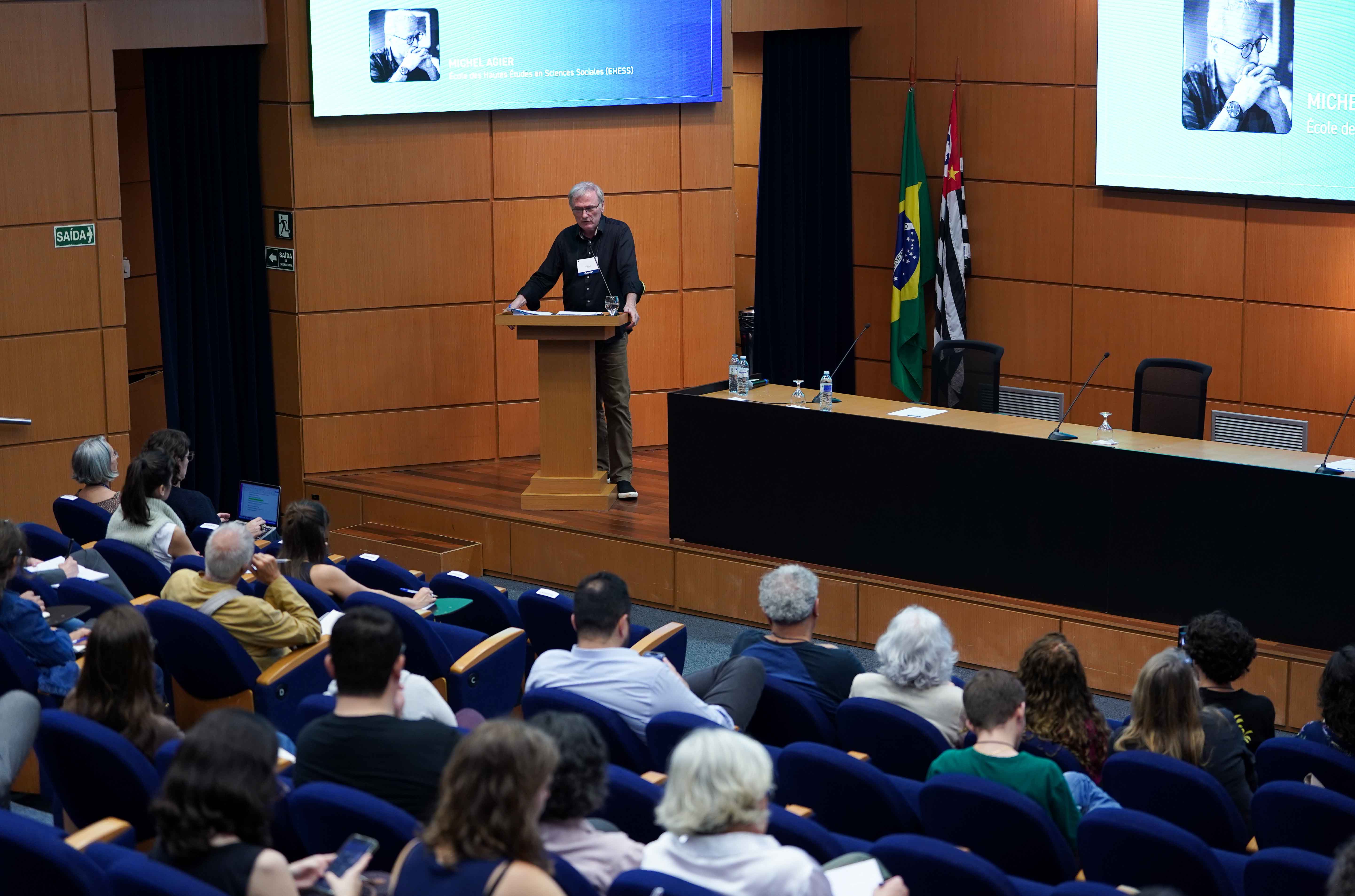
At the 2nd FAPESP 2025 Conference, the French anthropologist and ethnologist Michel Agier exposed the ethical and political limits of contemporary society. He proposed the African concepts of Zumunti, Teranga and Ubuntu as cosmopolitical horizons for a common life.
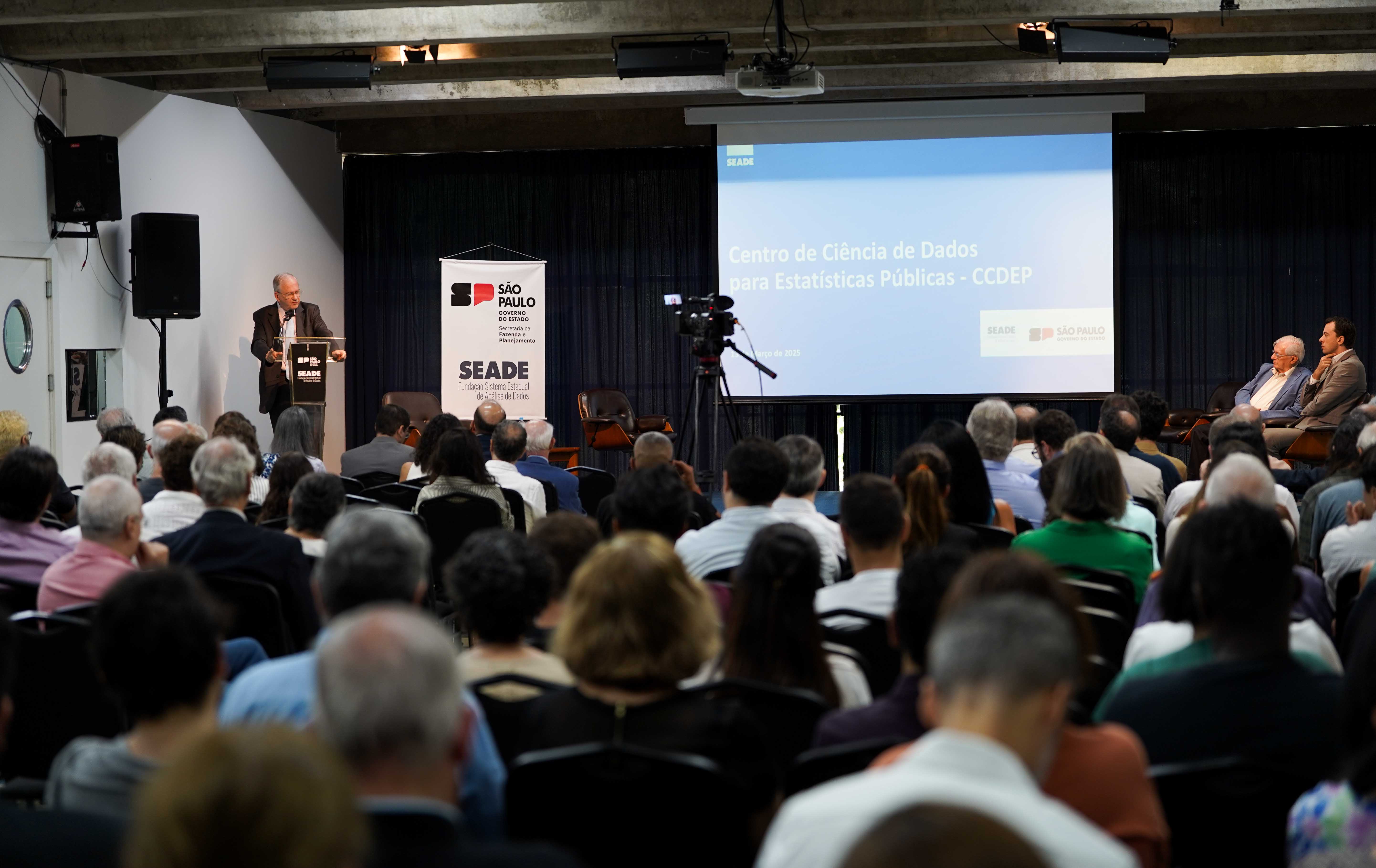
With the support of FAPESP, the CCDEP should incorporate new computational methodologies to improve the production of essential information in the state of São Paulo.
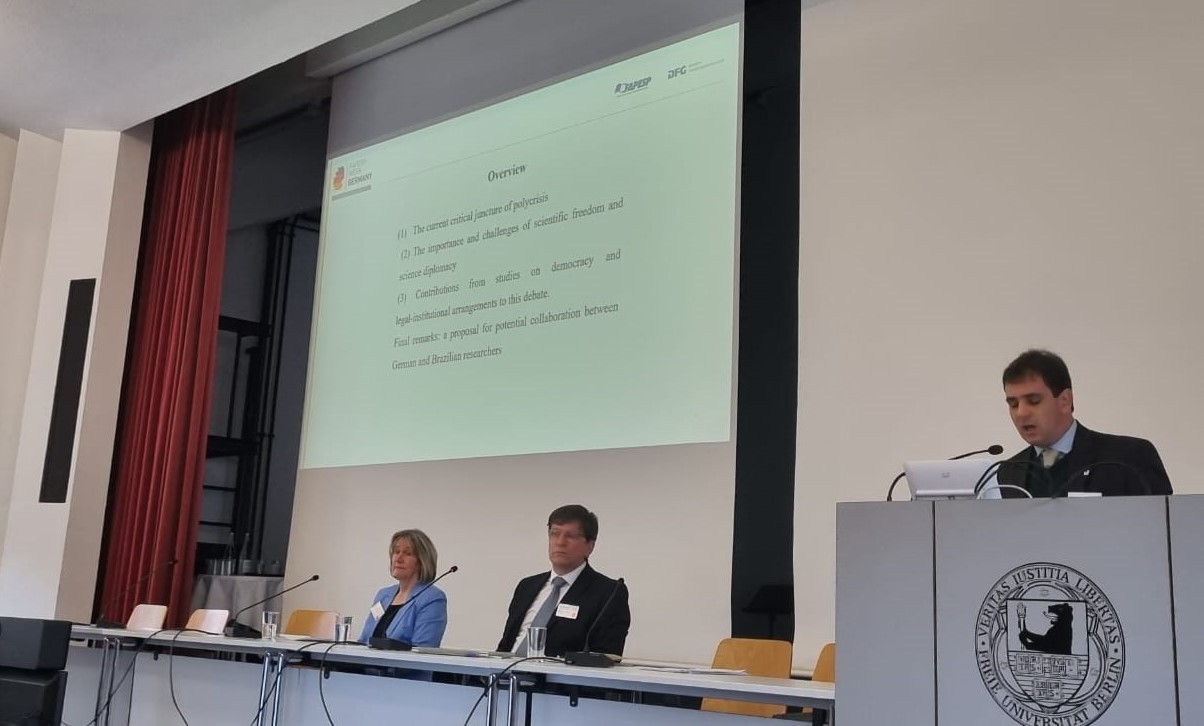
Illiberal and authoritarian governments, economic power and digital media are some of the problems facing scientists, says São Paulo State University professor Murilo Gaspardo in a lecture during FAPESP Week Germany.
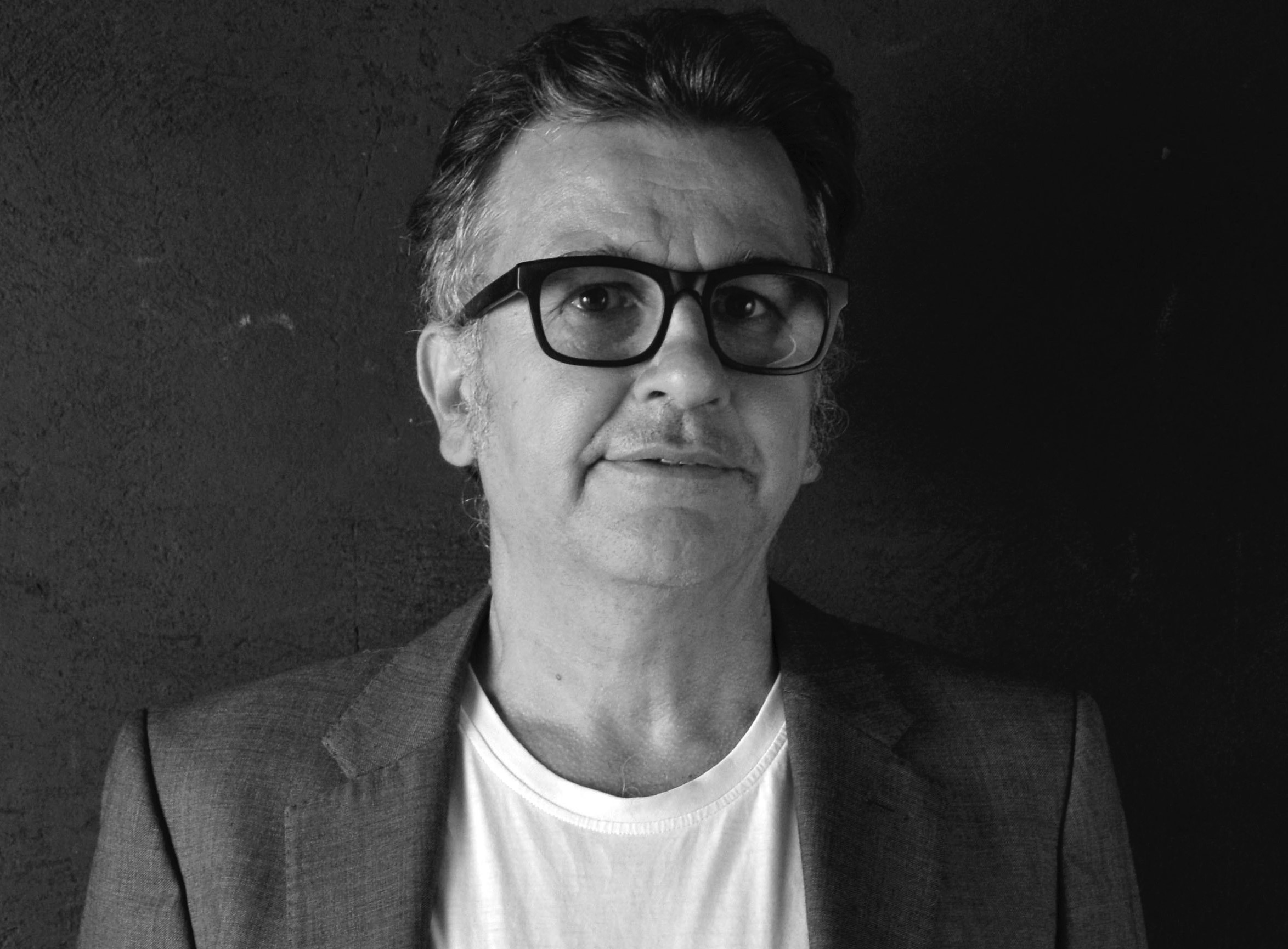
German researchers are increasingly interested in topics studied in Brazilian academia, such as indigenous and black feminist thought, said Brazilian researcher Sérgio Costa, Chair of Sociology at the Institute for Latin American Studies of the Free University of Berlin, in an interview with Agência FAPESP. He was one of the speakers at FAPESP Week Germany.
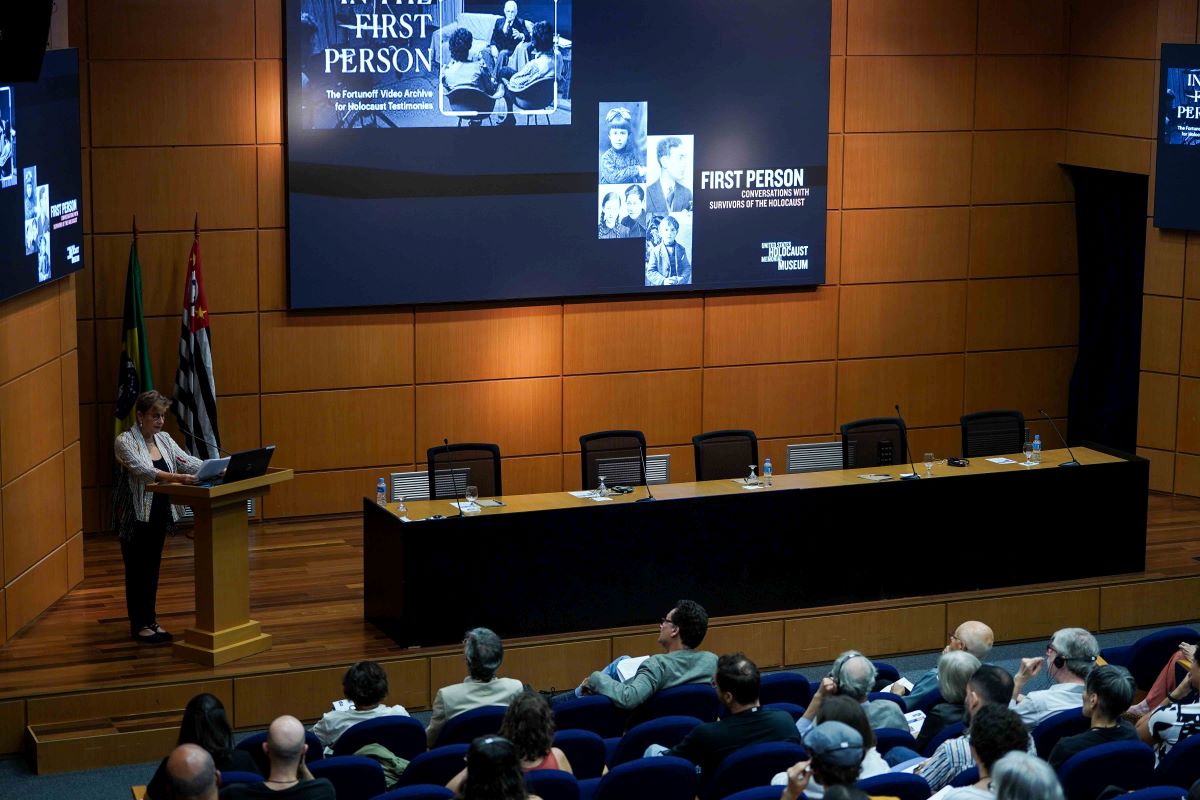
Professor Marianne Hirsch, daughter of Holocaust survivors, delivered the 8th FAPESP Lecture 2024 on “Rethinking Holocaust Postmemory After October 7”.
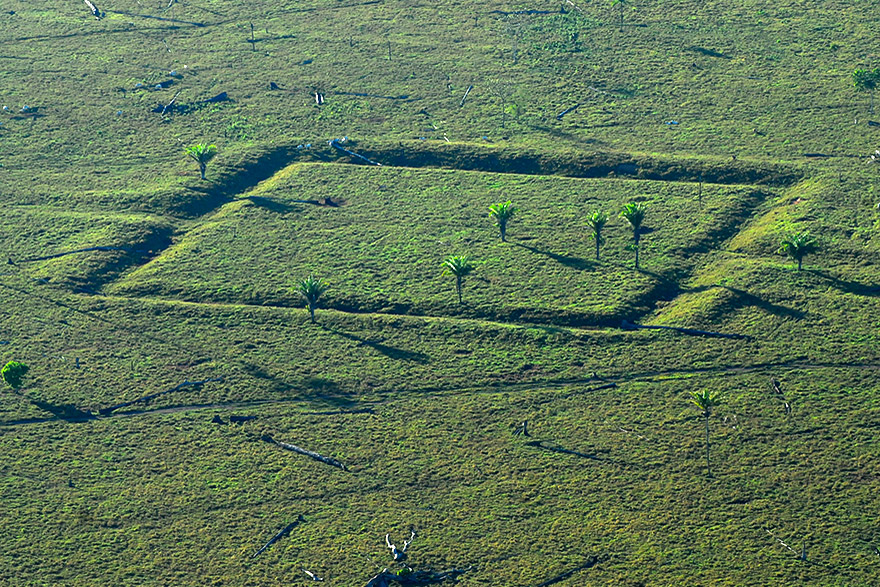
The group uses advanced technology to map sites where vestiges of the activities of ancient populations have been preserved but risk being destroyed by the advance of deforestation, wildcat mining and climate change.
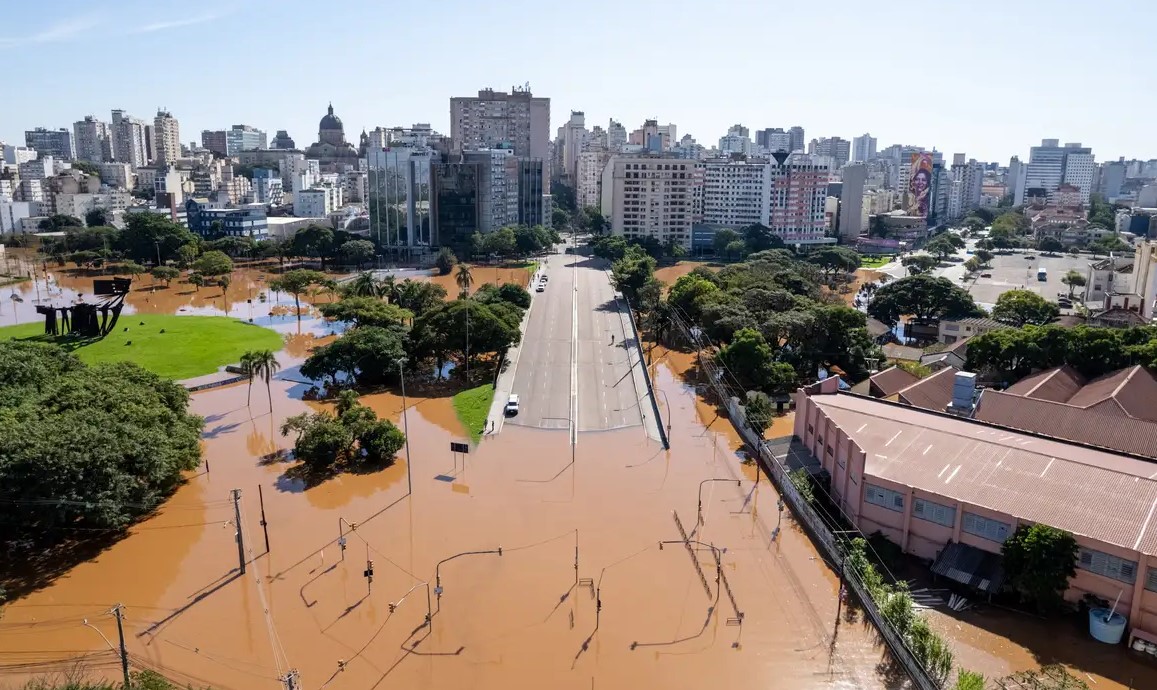
State coordination will be essential to overcome the problems in the southern Brazilian state of Rio Grande do Sul, as Acre’s experience with floods shows.
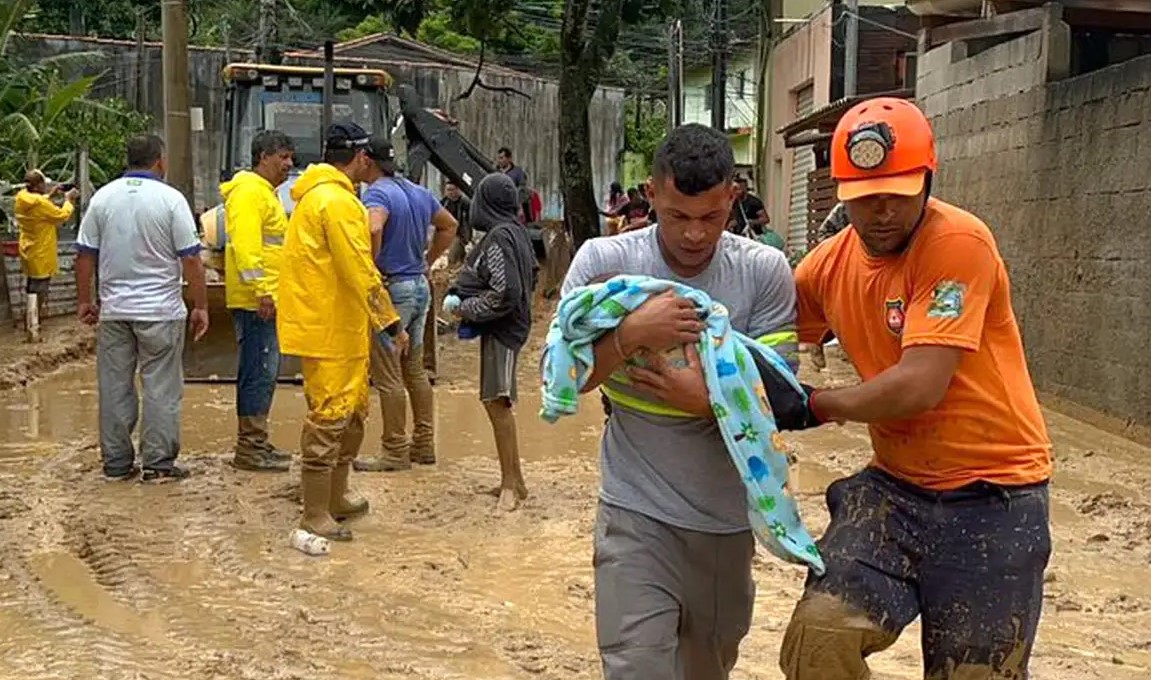
Researchers analyzed landslides caused by storms in São Sebastião (Brazil) in 2023, when at least 65 people died, and suggest involvement of the local community in contingency programs.
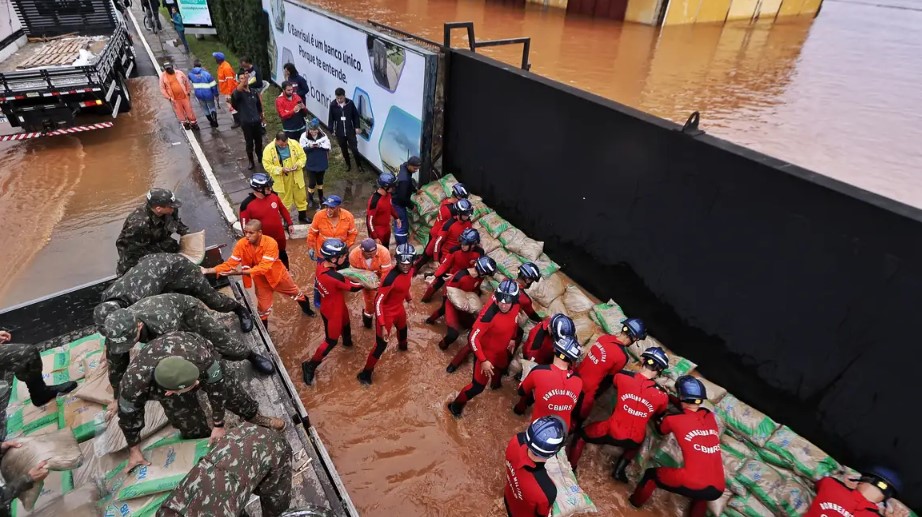
The extreme weather events in the South of Brazil call for urgent coordinated action by governments and entities. The Paraíba do Sul basin is the focus for a “pilot” project conducted by a group of researchers.
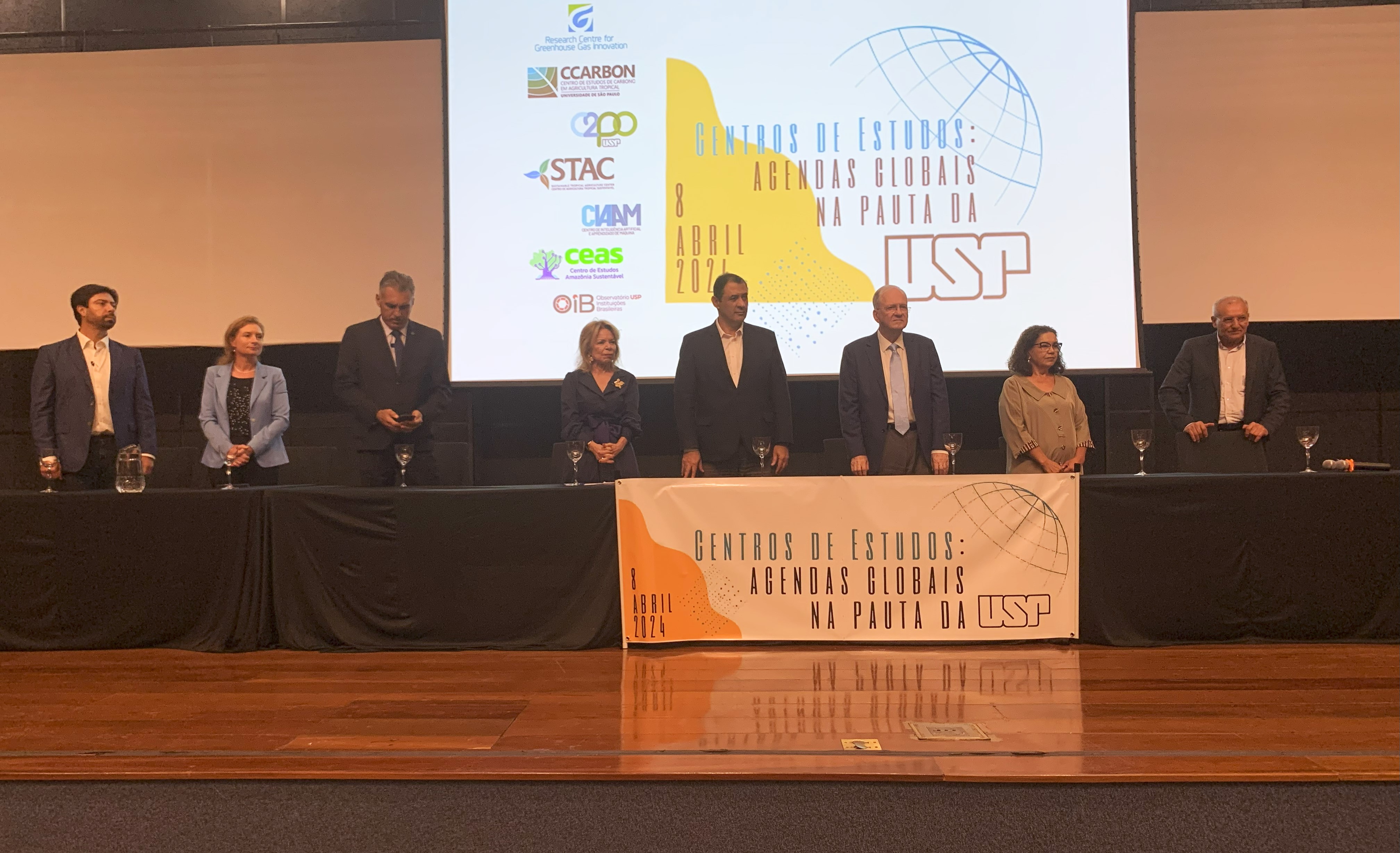
Today’s key issues, such as artificial intelligence, climate change, cancer and Brazilian institutions, will be the focus of inter-institutional and multidisciplinary teaching and research; the new organization gives groups more autonomy and agility.
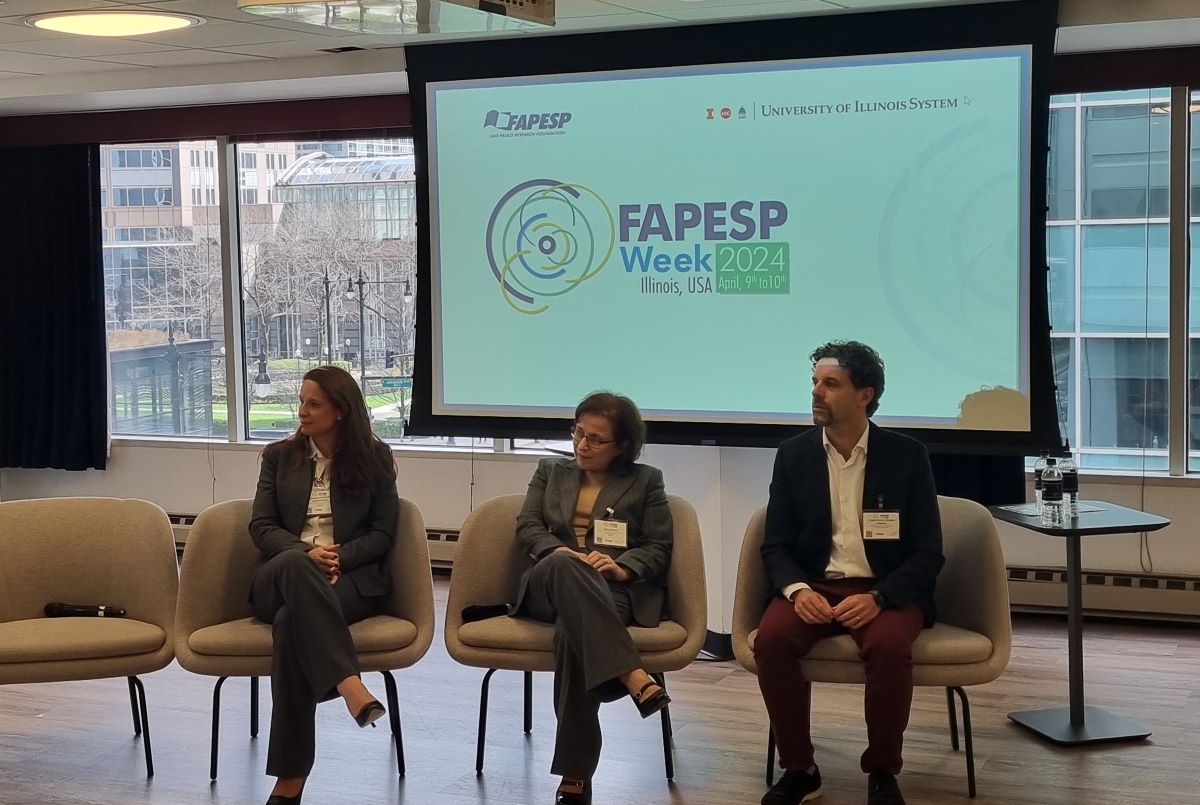
The drug accumulates not only in water, but also in sediments and marine organisms, and poses a high ecological risk, said Camilo Seabra, a professor at the Federal University of São Paulo, during FAPESP Week Illinois.
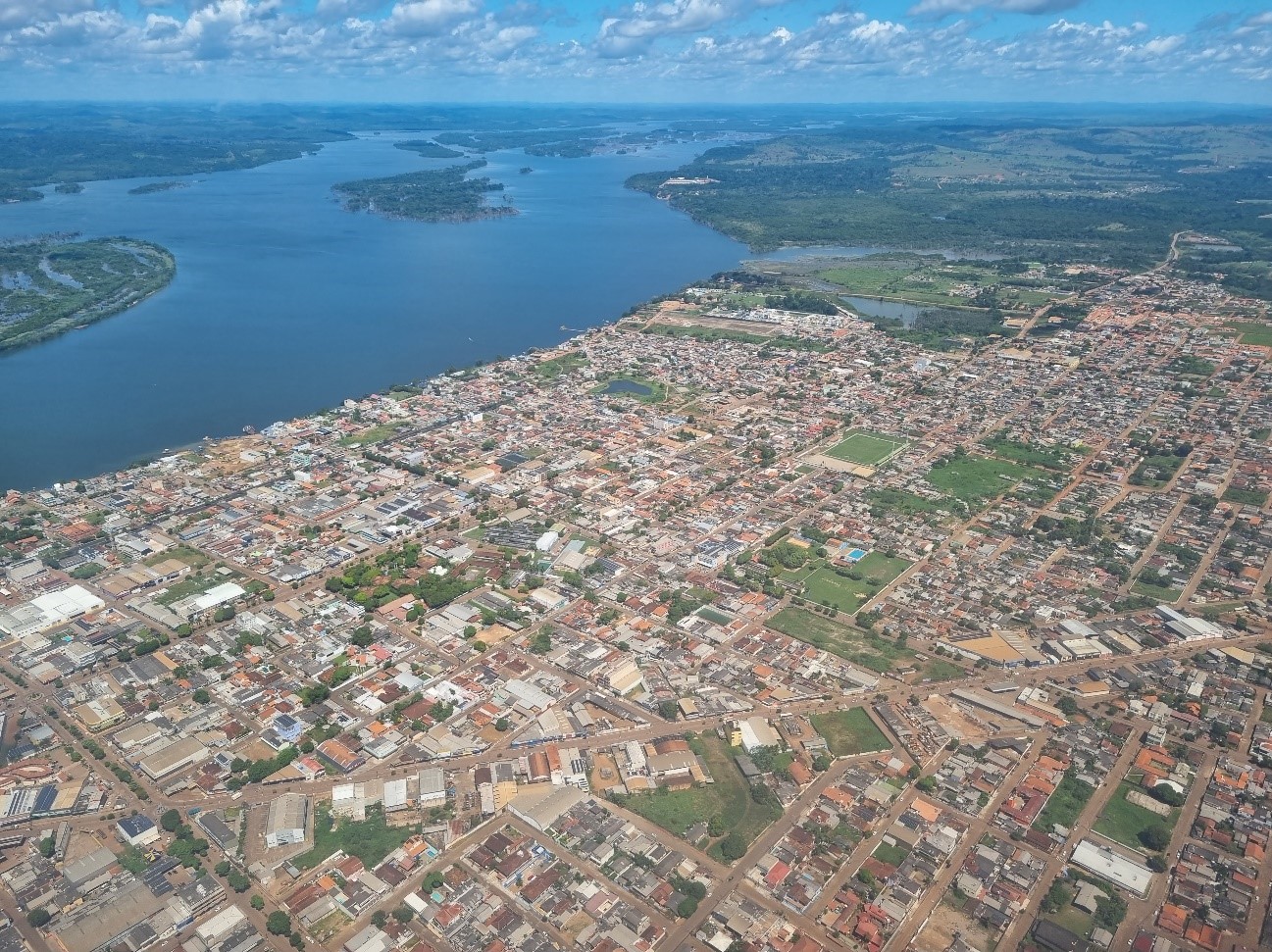
A study of 500 households in Altamira, a city near the dam in Pará state, showed that 61% experienced food insecurity.
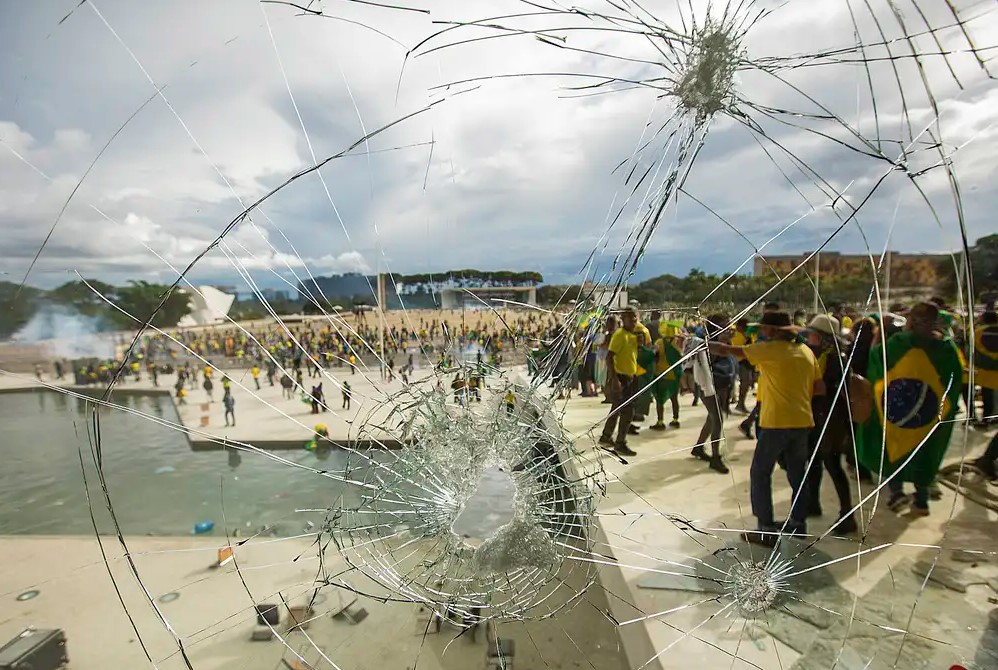
Countries in the region are experiencing a different phenomenon from that observed in the United States and Europe, where increased social inequality may have been the cause of the advance of political polarization. The assessment was made by participants in FAPESP Week Illinois.
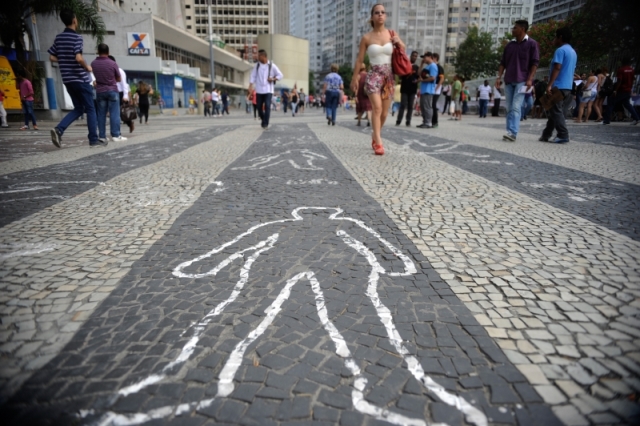
With the support of FAPESP, the research is developing mathematical and computational tools that will address issues related to public safety in an innovative way.
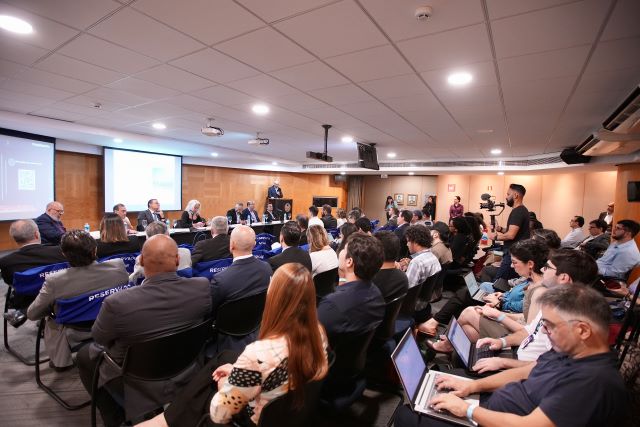
FGV Analytics is a partnership involving FAPESP, Getúlio Vargas Foundation, the University of São Paulo and the São Paulo State Department of Public Safety. Its mission includes fostering development of evaluation tools and evidence-based public policy.
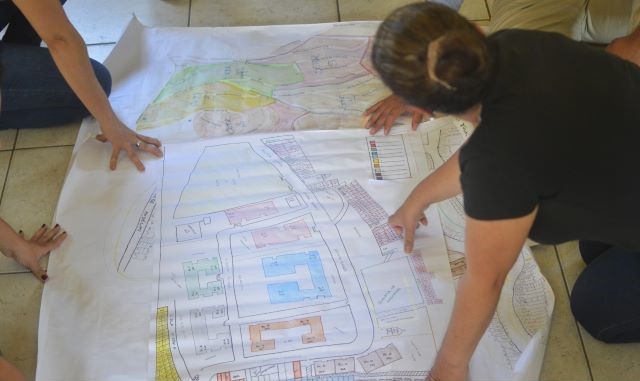
A research project showed that mobilizing citizens in flood-prone areas improves data collection and increases resilience.
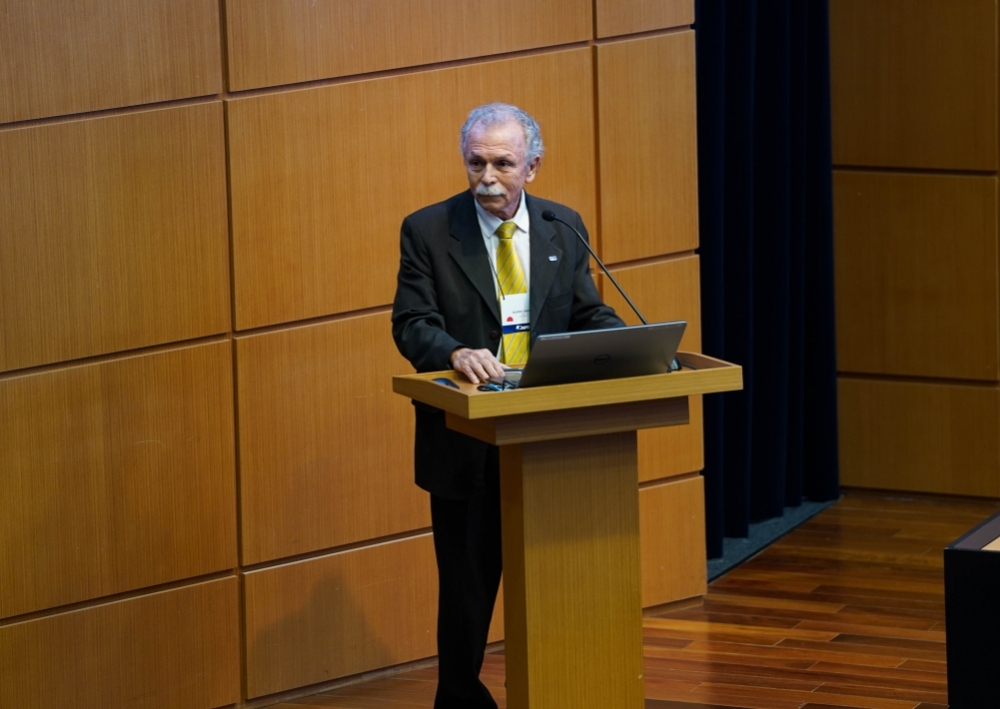
Ricardo Galvão, President of the National Council for Scientific and Technological Development (CNPq), discussed the status quo and outlook for Brazilian science in the first of the 2023 FAPESP Lectures.